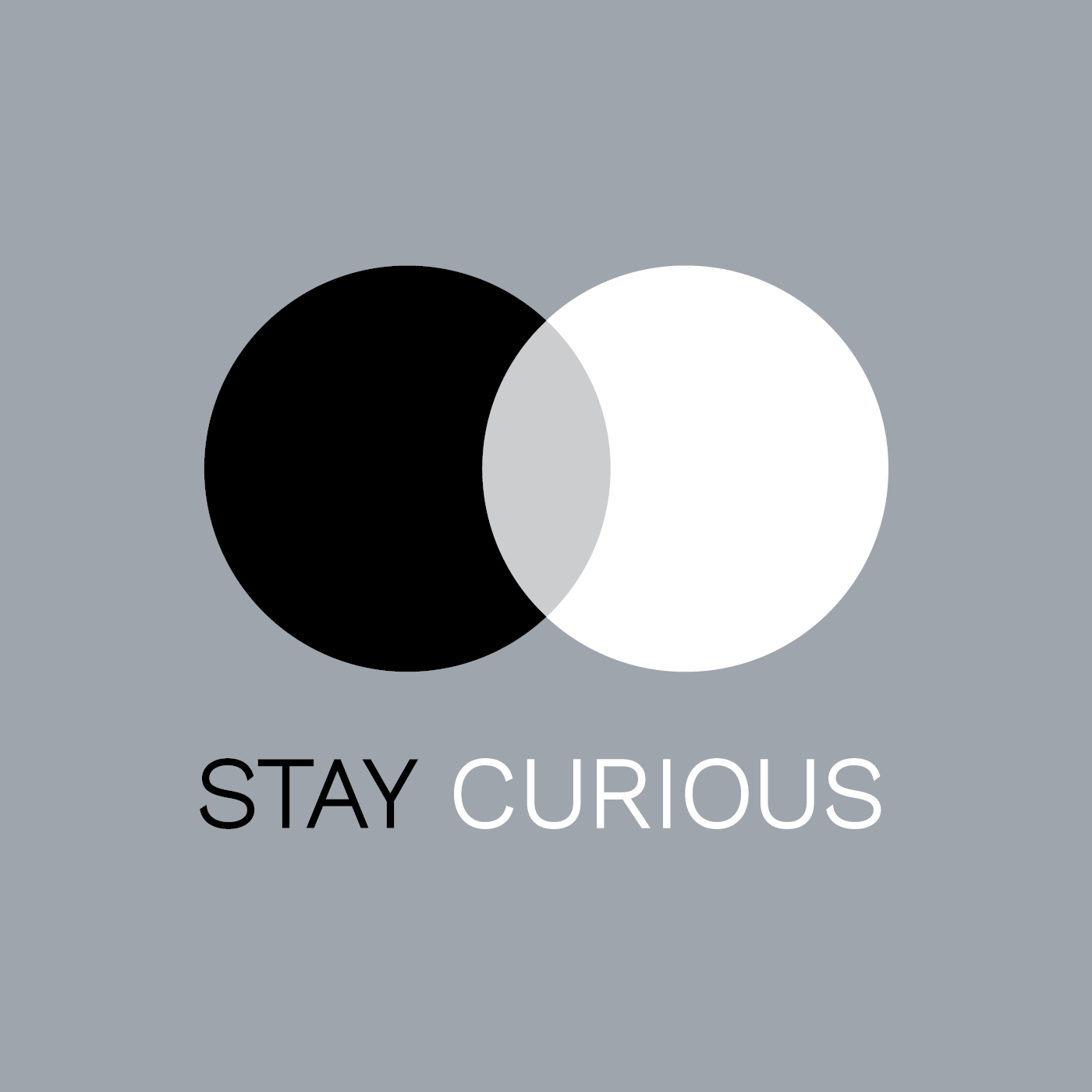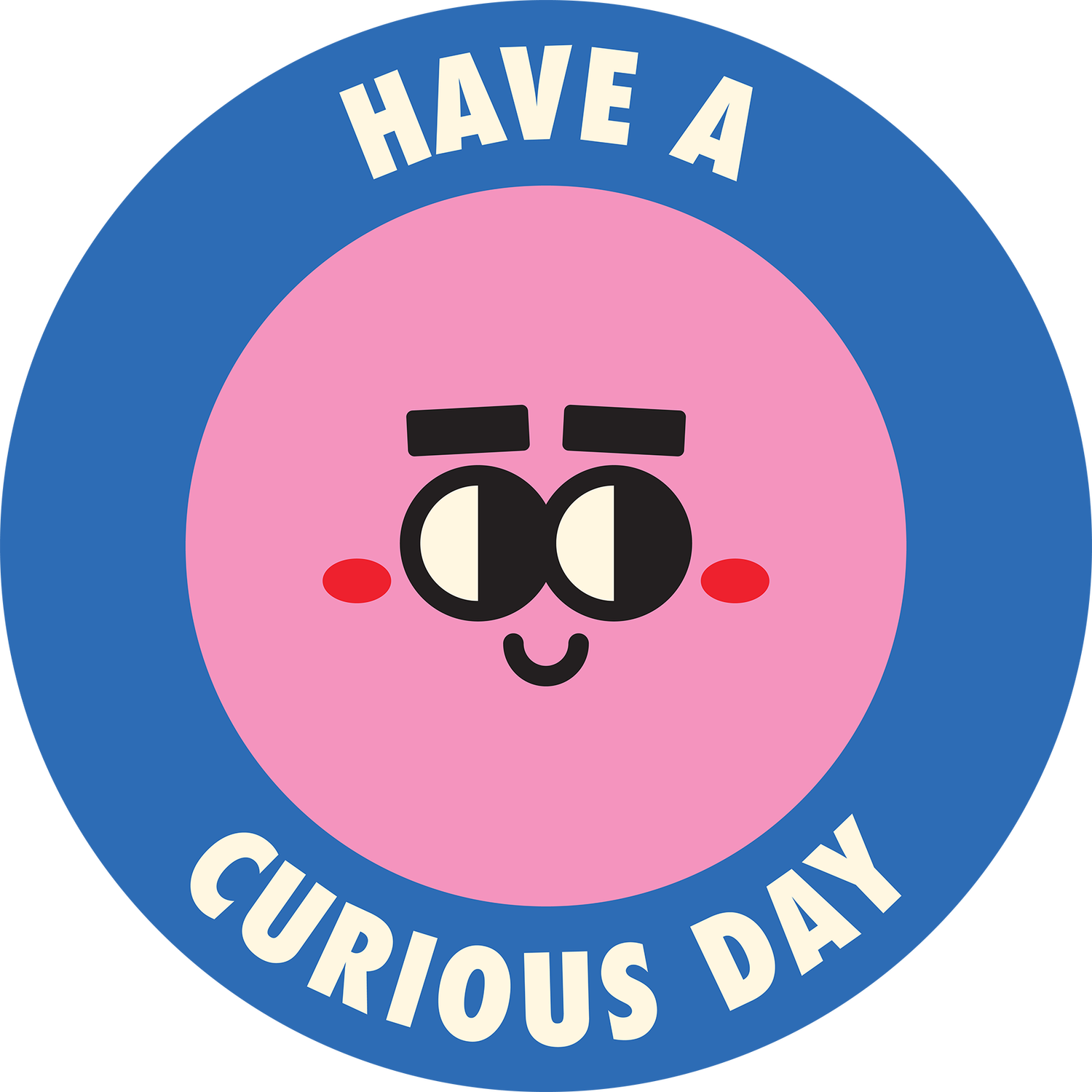📖 Article Content 📖
It’s a thought that creeps in, quiet as a whisper, yet it carries a surprising weight. You know the feeling, that little pang when you realize something important slipped through your fingers. It’s that moment of looking back, a gentle nudge from your own mind, suggesting a different path could have been taken. This particular thought, “I should’ve stayed curious,” often comes with a sense of what might have been, a reflection on lost chances to learn, to explore, to simply wonder a bit more about the things around us. It’s a common experience, truly, to feel this way about something that seems so fundamental to how we grow and understand the world.
Perhaps it hits you when you see someone else light up with a fresh idea, or when a conversation touches on a subject you once found fascinating but somehow let go. It’s a recognition that the spark, that inner drive to ask questions and seek answers, might have dimmed a little. We all start with so much of it, this natural desire to find out how things work or why things are the way they are. Yet, somewhere along the way, life happens, routines settle in, and that playful sense of discovery can, in a way, get pushed to the side. It’s a subtle shift, not a sudden stop, but it can leave you feeling like you missed out on something valuable.
This idea of wishing you had kept that questioning spirit alive isn't about blaming yourself. Instead, it’s more about noticing a pattern, a quiet acknowledgment that perhaps a different approach could have brought more richness to your days. It’s about reflecting on how easily we can lose touch with that innate desire to explore, and what that might mean for our personal growth. This feeling, that "I should've stayed curious," is a signal, a chance to consider what it means to keep that inner flame burning, even when the daily grind tries to put it out. It’s a chance to consider what it means to keep that inner flame burning, even when the daily grind tries to put it out.
- Dubi Puerto Rico
- Crying Kim Face
- Yeat Face Reveal
- Does Anastasia Get Pregnant In Icebreaker
- Women Pec Flex
Table of Contents
- What Happens When We Lose That Spark?
- Why Does Curiosity Sometimes Take a Back Seat?
- How Does a Lack of Curiosity Show Up?
- Can We Get That Feeling Back?
What Happens When We Lose That Spark?
When that natural urge to wonder starts to dim, something shifts in how we experience the world. It’s like walking through a place you once found full of new things to see, but now everything looks, well, just the same. You might find yourself going through the motions, more or less, without that little push to ask "why" or "how." This can make everyday activities feel a bit less exciting, a little more routine. The world, which once seemed so vast and full of things to learn, might start to feel smaller, more predictable. It's not that things stop happening, it's just that your way of looking at them changes.
The Quiet Fade of "I Should've Stayed Curious"
This quiet fading can show up in different ways. For some, it means not picking up that book they were once so interested in, or not looking up that strange word they heard. For others, it might mean sticking to the same old conversations, never really digging deeper into someone's ideas. You know, it’s almost like a muscle that doesn't get used. If you stop exercising a muscle, it doesn't just disappear overnight, but it does get weaker over time. In a similar way, when we don't exercise our curiosity, it becomes less active, less ready to jump into new things. This can lead to a feeling of being a bit stuck, perhaps, or that you’re not quite as engaged with life as you once were. The regretful thought, "I should've stayed curious," often surfaces when you see someone else actively exploring, and you realize you've been on the sidelines.
When we stop asking questions, we also stop discovering new answers. This means we might miss out on fresh perspectives, or different ways of doing things. Think about it: every new idea, every breakthrough, every fun fact you learn, comes from someone, somewhere, asking a question. If that questioning stops, the flow of new information and understanding can slow down, too. This isn't about being wrong or right, it's simply about the natural process of learning and growing. Without that spark, our personal growth can, in some respects, feel like it has slowed down. It's a subtle change, but over time, it can lead to a feeling of being less connected to the constant flow of new information and experiences that life offers.
- Fourth Hole Behind The Knee Pictures
- Will Alastor Die In Season 2
- Julia Dicesare And Ryan Micho
- Turtle And Shoe
- Salad Dog Bistro
Why Does Curiosity Sometimes Take a Back Seat?
It's a fair question, isn't it? Why would something so natural, so much a part of being human, sometimes get pushed aside? There are many reasons, actually, and most of them are just part of what it means to live a busy life. Sometimes, it’s simply about having too much on your plate. When you're dealing with work, family, and all the things that need doing, there might not seem to be much room left for just wondering about things. The demands of daily existence can feel quite heavy, leaving little mental space for playful exploration. It’s not a conscious choice to stop being curious; it’s more like it gets crowded out by other, seemingly more urgent matters.
Daily Life and the Echo of "I Should've Stayed Curious"
Another reason is fear, or perhaps, a worry about being wrong. When you ask questions, you open yourself up to not knowing the answer, and sometimes, that can feel a bit uncomfortable. We might worry about looking silly, or about making a mistake. This can make us less likely to speak up, less likely to try something new, and less likely to explore ideas that are outside our comfort zone. It's a natural human tendency to want to feel secure and knowledgeable, but sometimes, that desire for certainty can, you know, get in the way of learning. This is especially true when we are in settings where we feel judged, or where there is a lot of pressure to have all the right answers. The thought, "I should've stayed curious," often comes with the realization that fear held you back from exploring something truly interesting.
Then there's the routine. We get into habits, which are good for getting things done, but they can also make us less likely to look for new ways of doing things. If you always take the same route to work, you might stop noticing the new shops or the interesting buildings along the way. If you always talk about the same topics, you might not hear about what truly excites others. Routines, while helpful for efficiency, can sometimes create a sort of mental tunnel vision. We become so used to the familiar that the unfamiliar seems, well, unnecessary. This can lead to a sense of predictability that, while comfortable, might also be a bit boring over time. It's a subtle trap, but one that can make us feel like we've missed out on new experiences, leaving us with that quiet feeling of "I should've stayed curious."
Also, sometimes we just think we know enough. There's a point where you feel like you have a good handle on things, and the urge to ask more questions just isn't as strong. This isn't about being arrogant; it's more about a sense of completion. You've learned what you needed to learn for a particular situation, and so, you stop seeking more information. But the world, as a matter of fact, keeps changing, and new ideas keep popping up. What was enough yesterday might not be enough today, or tomorrow. This feeling of having "arrived" at a certain level of knowledge can, in a way, close off avenues for further exploration. It’s a comfortable spot to be in, but it can also prevent us from discovering truly new and exciting things, leading to that quiet whisper of "I should've stayed curious."
How Does a Lack of Curiosity Show Up?
It's not always obvious, this slowing down of curiosity. It doesn't usually come with a big announcement. Instead, it shows up in little ways, in how you react to things, or how you spend your time. One common sign is a lack of excitement about new ideas. When someone shares something novel or different, your first reaction might be to dismiss it, or to find reasons why it won't work, rather than to ask more about it. This isn't about being negative; it's just a way of protecting your current way of thinking, perhaps. You might find yourself saying "that's not for me" or "I already know about that" without really giving the new idea a fair chance. This resistance to the unfamiliar can be a pretty clear sign



